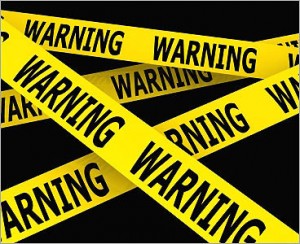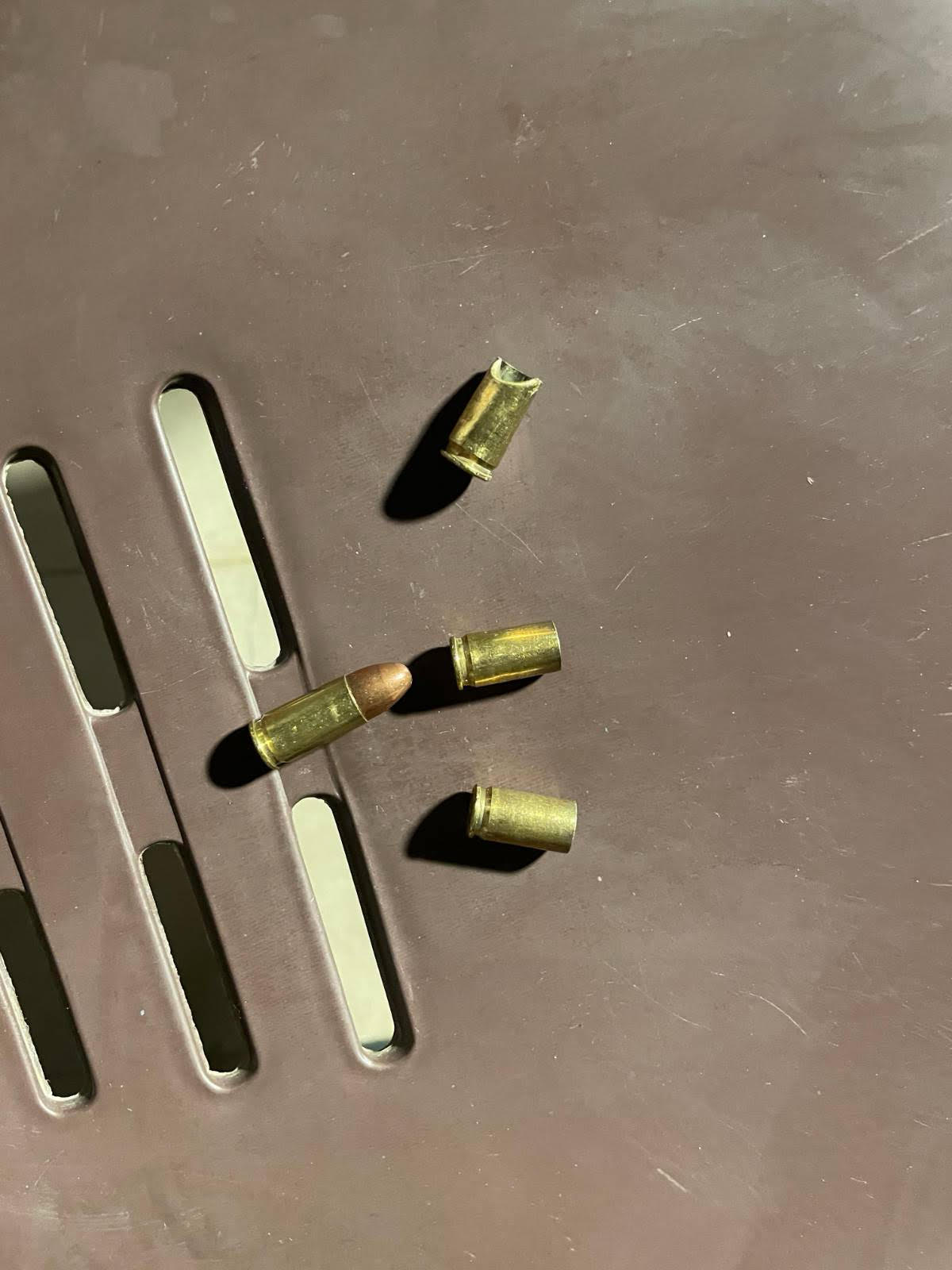Media Fight Against Impunity Picks Pace in Pakistan
ISLAMABAD, May 2, 2014: Murders of journalists, assassination attempts against senior journalists, fatwas against media, the first successful conviction of killers of a Pakistani journalist and growing consensus on collaboration among stakeholders to combat impunity – it has been an intense, mixed year for Pakistani media between May 3, 2013 and May 3, 2014, according to the annual State of Media in Pakistan Report 2014 released here on Friday.
Produced jointly by Freedom Network, a media watchdog organization and Civic Action Resources, a media development organization, the report, released on the eve of May 3, 2014, the International Press Freedom Day, notes that in the period under review, “strides against challenges facing the Pakistani media were offset by slides in security conditions for journalists.”
It said there were significant highs and lows for media practitioners and policymakers in terms of new ground being broken on key challenges as well as a near-relentless rise in the level of impunity against journalists. The report titled “Media Fight Against Impunity Picks Pace in Pakistan” outlines the pains and gains over the last 12 months for the Pakistani media:
Pains: The setbacks during the period in review included:
- The targeted killings of five journalists and three media workers
- Assassination attempts against senior journalists including Hamid Mir and Raza Rumi
- The issuance of a fatwa by the proscribed Tehrik-e-Taliban Pakistan (TTP) that formally declared media a target
- A bitter war of words between media groups over allegations relating to attack on Hamid Mir
- A reference made by the security agencies and the federal government to the national media regulator to ban a TV channel
Gains: Positive developments included:
- The first ever successful prosecution, conviction and punishment of the killers of a Pakistani journalist, Wali Khan Babar, by the criminal justice system of the country;
- The establishment of a three-member Judicial Commission to probe attack on Hamid Mir and to recommend measures to combat impunity
- The launch of a Supreme Court of Pakistan-appointed Media Commission report that recommended, among other things, a roadmap for reforms to the media laws in the country and measures to increase safety of journalists;
- The enactment of new, progressive right to information (RTI) laws by the Punjab and Khyber Pakhtunkhwa provinces;
- Announcements by the federal and Balochistan provincial governments to support prosecution efforts against attackers of media and compensation packages for families of fallen journalists;
- The activation of the Pakistan Coalition on Media Safety (PCOMS), an independent multi-stakeholder platform bringing media owners, media workers, government, civil society and media support groups to draft a national roadmap on combating impunity against journalists and promoting safety protocols for media houses;
Journalists Killed in the Line of Duty
According to the report, the following are details of the targeted media practitioners in Pakistan who died in the attacks over the past 12 months:
- Sindh: On August 21, 2013, Abdul Razik Baloch, a sub-editor for Daily Tawar, was found tortured to death in Karachi where he was based. He had gone missing on March 24, 2013. There has been no progress in tracing his attackers.
- Khyber Pakhtunkhwa: On October 11, 2013, Ayub Khattak working as a reporter of the Karak Times in Karak was shot dead outside his residence. He appears to have been killed for reporting crimes, especially the sale of drugs in his city. His family has named some suspects and a case has been pursued with the police.
- Sindh: On January 1, 2014, reporter Shan Dahar working for Abtak TV channel in his hometown of Larkana was shot in the neck and later died in the hospital. His employers say that he had been receiving threats for reporting on the sale of spurious and expired medicine at hospitals and medical stores in Larkana.
- Sindh: On January 17, 2014, unknown gunmen on motorcycles shot dead three media workers of the Express media group in Karachi. Banned Tehreek-e-Taliban Pakistan claimed responsibility for the attack. Technician Waqas Aziz Khan, driver Khalid Khan and security guard Ashraf Arain were killed on the spot as they sat in the Express TV DSNG van.
- Khyber Pakhtunkhwa: January 28, 2014 reporter Bakhtaj Ali of weekly Manzar-e-Aam was kidnapped by unknown persons after receiving threatening calls for his reporting. His beheaded body bearing severe torture marks was found on January 30, 2014 in Mardan. His killers have not been traced so far.
- Khyber Pakhtunkhwa: On March 2, 2014, Ayub Tanoli, photographer for Reuters news agency and reporter for dailies Mahasib and Shumal was shot in the neck in his hometown of Abbottabad (Khyber Pakhtunkhwa province) by unidentified gunmen. He died on March 3, 2014. According to Pakistan federal Union of Journalists and Abbottabad Union of Journalists, he was under threat for his reporting and had been provided police protection for a two month period before being killed.
Other Significant Attacks
According to the report, there were several other attacks against journalists and media houses in the period under review. This included physical attacks, targeting of residences, and online and offline harassment and intimidation. Some of the significant ones included the following:
Attacks on media offices
On February 17, 2014, three separate media organisations were attacked with hand grenades and other explosives in Karachi (Sindh province). The offices of Express Group (Express TV), Aaj Group (daily Business Recorder) and Nawa-i-Waqt Group (Waqt TV) were attacked the same night. A blast outside the main gate of the Aaj Group offices injured a security guard and an unexploded device was later found outside the Nawa-i-Waqt Group’s offices in the same area of Karachi. The grenade that exploded outside the Aaj Group offices was thrown by unknown motorcyclists who immediately fled the vicinity. Explosive crackers were also hurled at the office of Express TV. No one claimed responsibility and the authorities have not been able to trace the attackers.
Assassination attempts
Raza Rumi
On March 28, 2014, journalist and writer Raza Rumi narrowly escaped an assassination attempt. His driver Muhammad Mustafa was killed and a guard sustained grave injuries. Unidentified armed men opened fire on his car as Rumi, a news show anchor from Express News TV channel was returning home after hosting his nightly current affairs show in Lahore (Punjab province). Police recovered 11 bullet shells from the scene and have registered a case against the unidentified attackers on the complaint of Rumi with charges of murder and terrorism. His car was sprayed with several bullets and Rumi was able to save his life by ducking between seats in the vehicle’s rear.
Hamid Mir
On April 19, 2014, prominent Geo TV anchor Hamid Mir, of the popular current affairs program Capital Talk, was shot in his car near the airport in Karachi minutes after he landed and made his way to office. Unidentified gunmen in a car and motorcycle tailed him before opening fire, and continued to fire as the vehicle carrying Mir sped away to safety. He sustained six grievous gunshot wounds, but survived after being rushed to hospital. Hamid Mir’s brother Amir Mir, himself an investigative journalist of repute, blamed on live TV the Inter Services Intelligence (ISI) for the attack minutes after it occurred. While the ISI in subsequent statements refuted the charges, the gunmen are still at large, no arrests have been made. Mir is no stranger to attacks, having narrowly escaped a car bomb planted by the Taliban, in November 2012. The Taliban were angered over his and other journalists’ positive reportage of school girl campaigner Malala Yusufzai.
The allegations against ISI turned into a war of words between Geo TV and the other channels that sided with the military’s assertion that Geo TV by making allegations against it had been ‘unpatriotic’ and ‘treasonous.’ A reference was also filed by the Ministry of Defense, on request by the security agencies, to Pakistan Electronic Media Regulatory Authority (PEMRA) to ban Geo TV for bringing the armed forces in disrepute through unsubstantiated allegations. A three-member Judicial Commission was established to probe into the attack on Hamid Mir and to recommend measures to combat impunity against journalists in Pakistan.
Attacks on journalist’s residence
On March 19, 2014 a senior journalist and his family had a narrow escape with police defusing an improvised explosive device (IED) with 2kg of explosives outside his residence in Peshawar (Khyber Pakhtunkhwa). “The bomb was clearly placed to target me and my family,” Jamshed Bhagwan, bureau chief of Express News TV channel said. He said the IED had scared his family and he could not understand why and who did this. His timely call to the police bomb disposal squad helped prevent a tragedy. Police said the explosives were “meant used to cause considerable damage.” On April 6, 2014, barely two weeks after the incident, masked men hurled a hand grenade at Baghwan’s house in a second attack.The main gate of the house was damaged in the attack. Luckily again no one sustained any injury.
Harassment
On April 2, 2014, senior journalist, critic and regular current affairs analyst on Express News TV channel Imtiaz Alam received multiple phone calls and text messages from unknown numbers, threatening to kill him. Alam is an outspoken critic of militancy and vocal proponent of Pakistan making peace with India. He is also the secretary general of the South Asia Free Media Association (SAFMA). He says the threats he has received are related to his engagement in current affairs on his work on media.
On April 21, 2014, senior journalist and anchorperson for Geo TV for current affairs program Jawabdeh Iftikhar Ahmad received death threats when his car was stopped in Lahore by two unidentified persons who warned him to keep himself away from talking about Tehrik-i-Taliban Pakistan (TTP) and Balochistan crises. One of the persons speaking in Punjabi also warned him against commenting on the Balochistan human rights situation. The warning for Ahmed came two days after a gun attack on his colleague Hamid Mir in Karachi.
Cyber intimidation
On April 12, 2014 Ansar Abbasi, a senior journalist and editor investigations of daily The News, received a threatening email that advised him to silent his criticism if he wanted to stay safe. “This is not a reminder, it is a serious suggestion. Behave yourself and weigh the pros and cons of your words. Sometimes its hazardous to bite the hand that once fed it. Skeletons can fall out of anyone’s closets miraculously from the heavens and effectively ruin a ‘journalists’ career. And we all have skeletons. Good day,” the threat read. Abbasi said the threat was apparently a response to his criticism of the army and its high officials some days earlier. A case was registered with the Cyber Wing of the Federal Investigations Agency. A day later another senior journalist of The News, Ahmed Noorani, reported receiving threatening calls and repeated threatening messages from a retired brigadier through his Twitter and Facebook accounts. He says he also received three threatening phone calls the same day. This case was also registered for investigation with the FIA Cyber Wing. There has been no information so far about the investigations.
Click below link to download the full report.
State of Pakistan Media Report 2014
Image courtesy: Google Images

